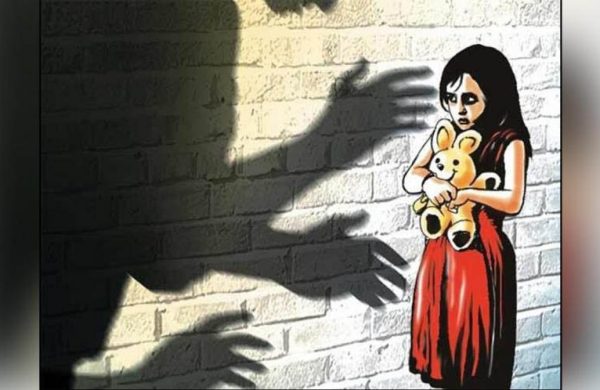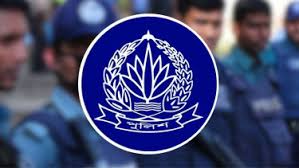Child rape cases rise nearly 75% in 7 months
- Update Time : Monday, August 25, 2025

TDS Desk:
-
306 girls raped from Jan to July 2025; up from 175 in same period 2024
- Surpasses 234 cases reported in entire 2024
- 251 Cases filed leaving 55 children without justice
- 129 girls subjected to attempted rape
- 49 girls sexually harassed by stalkers; 22 by teachers
Child rape cases in Bangladesh have surged by nearly 75 percent in the first seven months of 2025 compared to the same period last year, according to data from Ain o Salish Kendra (ASK).
An analysis of ASK data shows that 306 girls were raped between January and July this year, up from 175 in the same period of 2024. This already surpasses the total of 234 cases reported in the whole of last year.
The ages of the victims make the figures even more harrowing. Forty-nine were toddlers aged between 0 and 6, 94 were between 7 and 12, and 103 were teenagers. In 60 cases, the ages were not specified.
The highest numbers were recorded in March and April this year, with 106 and 64 cases respectively, compared to 29 and 24 in the same months of 2024.
Cases were filed in 251 incidents, leaving 55 children without justice. During the same period, 129 girls were subjected to attempted rape. Of these, 35 were aged between 0 and 6, 53 between 7 and 12, and 12 were teenagers, while in 29 cases the ages were not specified. Case filings were even lower, with only 85 incidents leading to legal action.
Thirty boys were raped in the first seven months of this year — one aged between 0 and 6, 17 aged 7 to 12, and one between 13 and 18. In 11 cases, ages were not disclosed.
Only 20 of these incidents led to case filings, while three boys were subjected to attempted rape. Alarmingly, the number of male child rape cases in seven months has nearly matched the total of 36 reported in 2024.
Children also faced other forms of harassment. Forty-nine girls were reportedly sexually harassed by stalkers, while 22 were harassed by teachers, raising serious concerns about safety in educational institutions.
Supreme Court lawyer Ayesha Akhter, legal specialist at Bangladesh Legal Aid and Services Trust (BLAST), said many cases remain unreported or unresolved due to stigma, family pressure, and weak legal follow-up.
“Delays in investigations and family influence continue to hinder justice,” she said.
While the new ordinance mandates Child Rape Crime Repression Tribunals and deadlines for investigations and case disposal, Akhter pointed to legal ambiguities, inconsistent case filings, and age-related thresholds that obstruct proper action.
She highlighted the absence of comprehensive laws on victim and witness protection, which discourages reporting, and called for proper enforcement of the High Court’s ban on the “two-finger test” to prevent further trauma to survivors.
She urged a holistic, coordinated approach involving the judiciary, law enforcement, and civil society to ensure faster, more consistent legal action and better protection for children.
Shaheen Anam, executive director of Manusher Jonno Foundation, said weakening law and order and lack of accountability were emboldening perpetrators.
“When law enforcement is weak and punishment unlikely, offenders become bolder,” she said.
She pointed to the erosion of societal values, political instability, extremist influences, and psychological perversions as factors behind the crimes.
Citing the rape and murder of an eight-year-old in Magura, she noted that while the main perpetrator was punished, accomplices were released, exposing weaknesses in the judicial system.
She said more effective follow-up and speedy trials were urgently needed.
She also stressed the low reporting of male rape cases and the need to break the culture of silence. “Open discussions are needed from families to schools and madrasas. Prominent societal figures must speak out. Neighbourhood-based Child Protection Committees can be effective,” she said.
On the role of families, Roksana Sultana, executive director of Breaking the Silence, said strong family guidance was crucial in preventing abuse.
“Teaching children from home about personal boundaries and respect for others can significantly reduce their risk of being abused. Strong family guidance is the first and most critical step in prevention before social or institutional interventions,” she said.
Roksana also stressed the importance of schools in child protection, saying safety education should be part of the curriculum.
She added that teachers must be properly trained to safeguard children, while awareness programmes can reinforce these lessons beyond the home.















